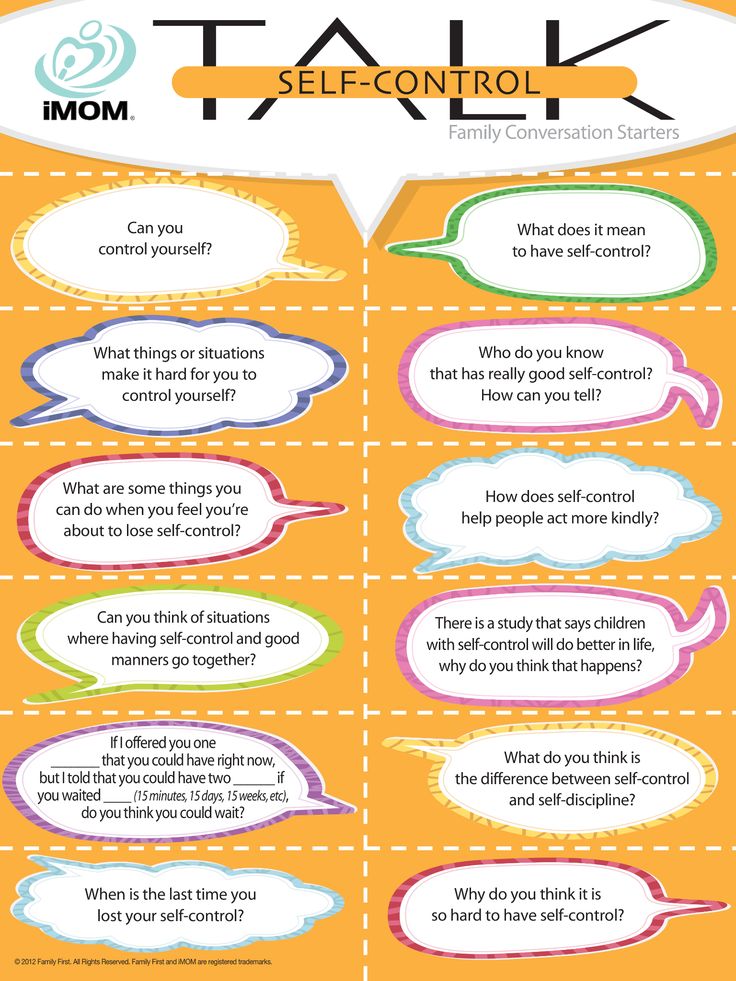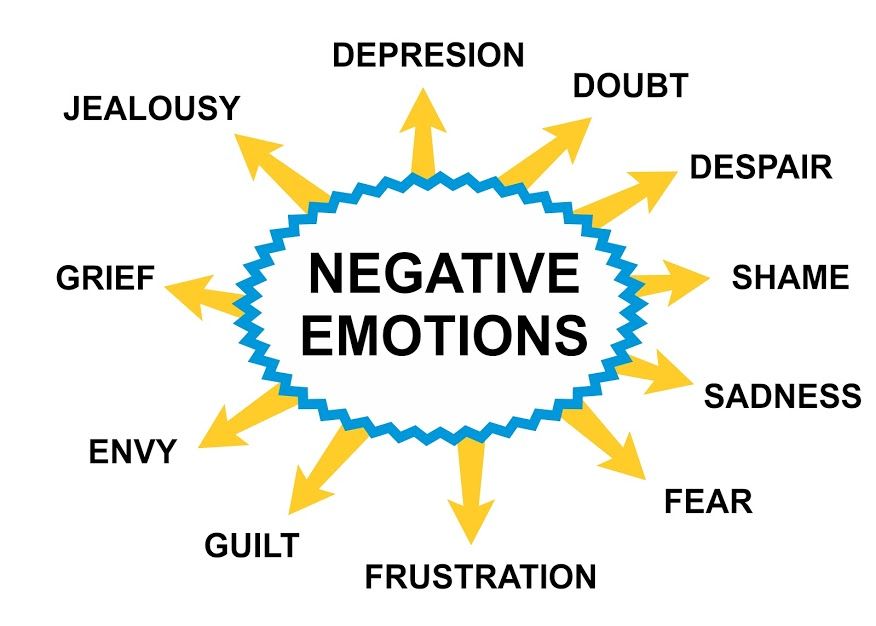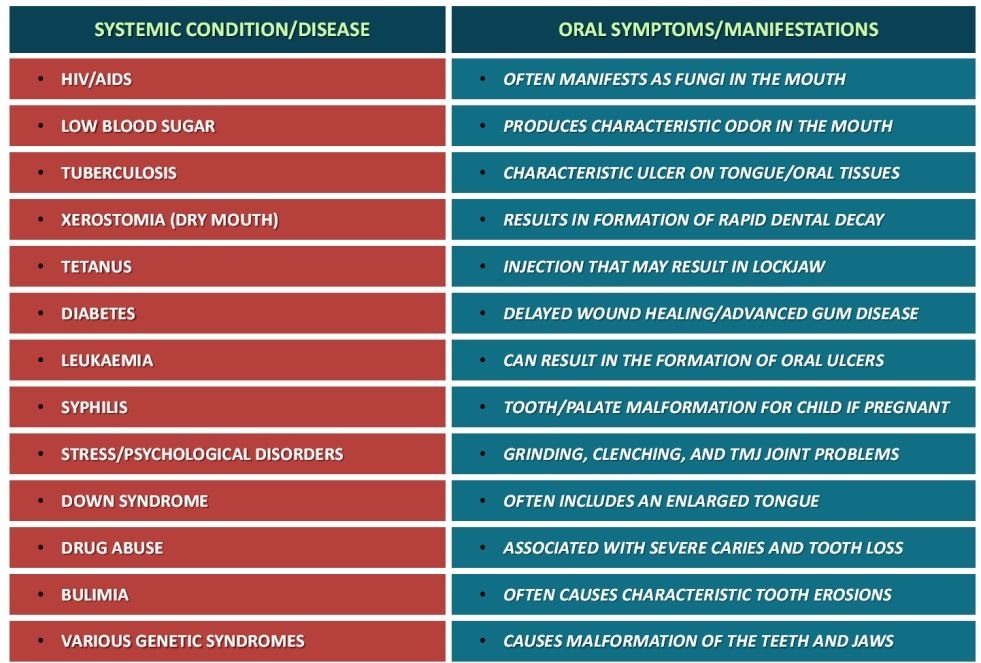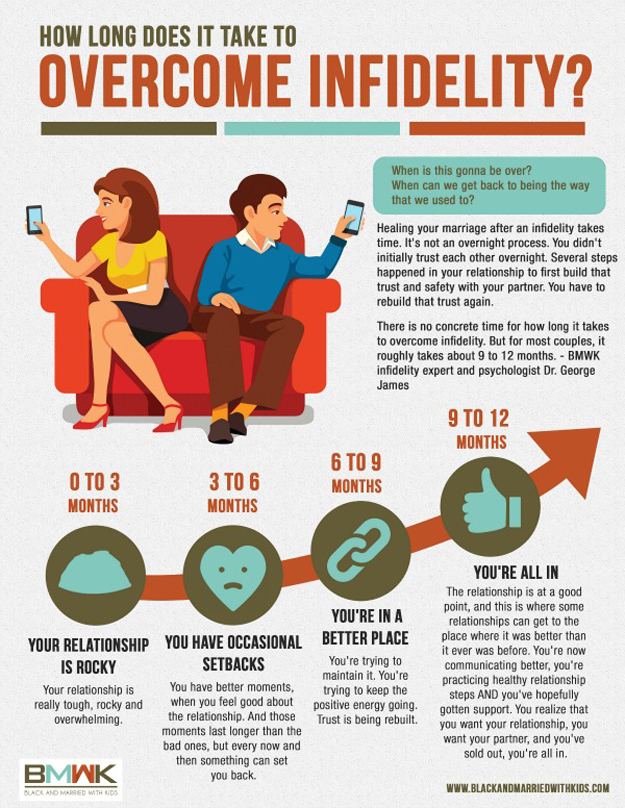Why people are quiet
4 Powerful Facts About Quiet People
Quiet people stand out for their most prominent trait, which is being modest. Their soft-spoken nature stirs up many questions, pushing people to make antisocial vs. introvert comparisons on introverts.
Many individuals tend to misunderstand the life of an introvert for many reasons, which is why it’s essential to shed light on the uniqueness of this personality type.
If you’ve ever wondered, “Why are some people quiet? Why are introverts quiet?” or even more personally, “Why am I so quiet?” then you’re in the right place.
Here are some potent introvert facts that will help you understand the quiet personality of soft-spoken individuals.
Watch a Video
4 Powerful Facts about Quiet People
They’re full of ideas
Have you ever heard the phrase, “Quiet people have the loudest minds?” This statement is a notable fact about introvert people.
These individuals are also drenched with creativity and have profound cognitive content. From merely staring at a wall to engaging in thought-provoking activities, introverts are full of ideas, which is one of the major reasons they’re so quiet.
It’s impossible to unlock the mind’s hidden potential without silence. Therefore, introverts tend to connect with their inner reservoir of creativity with their quiet personalities. It’s also why some of the greatest minds in history had introverted characteristics.
Being quiet may not have visible advantages, but specific introvert qualities like silence keeps the brain operating at its peak. These qualities of an introvert and several other introvert characteristics wield heavy potential. Even though society approves of extroverts than introverts, it’s easy to see that the introversion personality is still powerful.
Related: 11 Of the Most Powerful Attractive Qualities of Introverts
2. They observe like pros.
One of the most prominent characteristics of introverts is their ability to observe.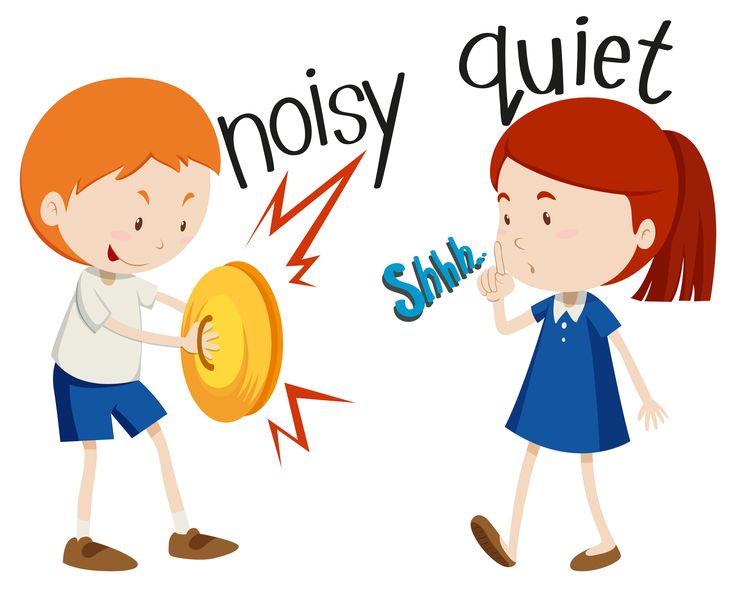 They prefer minimally-stimulating environments because their minds crave to grasp little details about everything.
They prefer minimally-stimulating environments because their minds crave to grasp little details about everything.
The reason why introverts prefer calmer environments and are naturally quiet people is because their ability to observe is limited to less-clamorous places due to its reduced rate of activity.
These silent characteristics of an introvert is what allows their minds to comprehend things without getting tired sooner than expected.
According to research, introverts also have more brain activity than most individuals because of their inward personalities. Their quietness helps them balance out the level of stimulation their brains experience, and is the reason why most introvert traits like keen observation needs silence to function.
Related: Am I Too Quiet? P.S. No, You’re Not. A How-To Guide to Using Your Introversion to Your Advantage
3. They are self-reliant.
The beauty of many introversion characteristics is the independence that accompanies it. Introverts are self-sufficient, and it’s why they’re so quiet.
Introverts are self-sufficient, and it’s why they’re so quiet.
A quiet person’s personality is inward, which means they naturally search themselves for comfort. Since they keep a small circle, they develop the habit of self-reliance by finding ways to cater to their needs.
Someone with an introvert personality would prefer to seek help from close friends than from outsiders, which is why they appear silent to others. But in reality, they are able to stand on their two feet.
Their level of independence is outstanding, and is why they talk less to get things done.
4. They speak only when necessary.
The most prominent reason why introvert people are quiet is that they speak purposefully. Every word from an introvert person comes from a carefully thought-out point of view, and it’s one of the introvert advantages that make them stand out from the crowd.
If you’ve ever wondered, “Why am I so quiet?” know that thinking intricately, even more than the average mind, is the reason for your silence.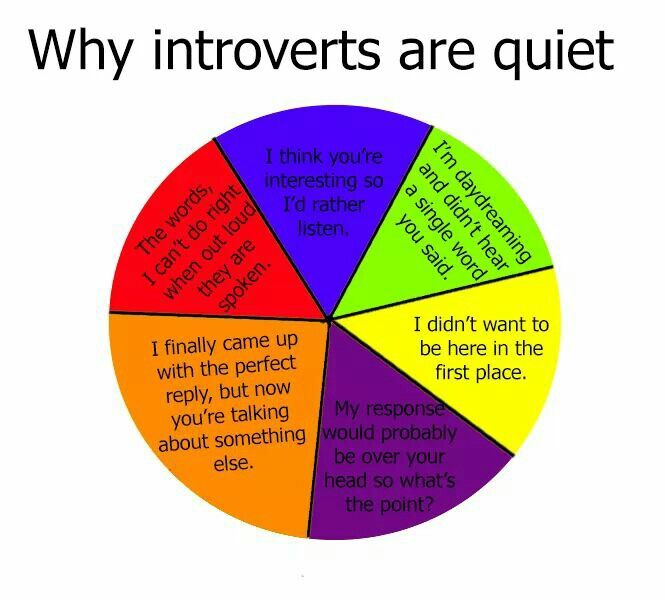
You prefer to say something meaningful than merely talking to fill the void of silence. This example is what gives introverts power, and makes them unique.
Solitude helps a person express their hidden potential, which means your life as an introvert demands a degree of tranquility to reveal your inner introverts’ strength.
According to introvert statistics, introverts occupy some of the world’s technical professions, such as psychiatrists, engineers, architects, artists, psychologists, writers, mathematicians, and even scientists.
This record shows that the introvert’s lifestyle plays a vital role in society. Therefore, your quiet nature is a remarkable gift to the world.
How to Stop Being Quiet
Many introverts think to themselves, “Am I too quiet?” and try to search out ways to change. However, it’s essential to understand that your power as an introvert person lies in your quiet personality.
In other words, you don’t need to stop being quiet – you need to channel your introverted qualities to suitable sources.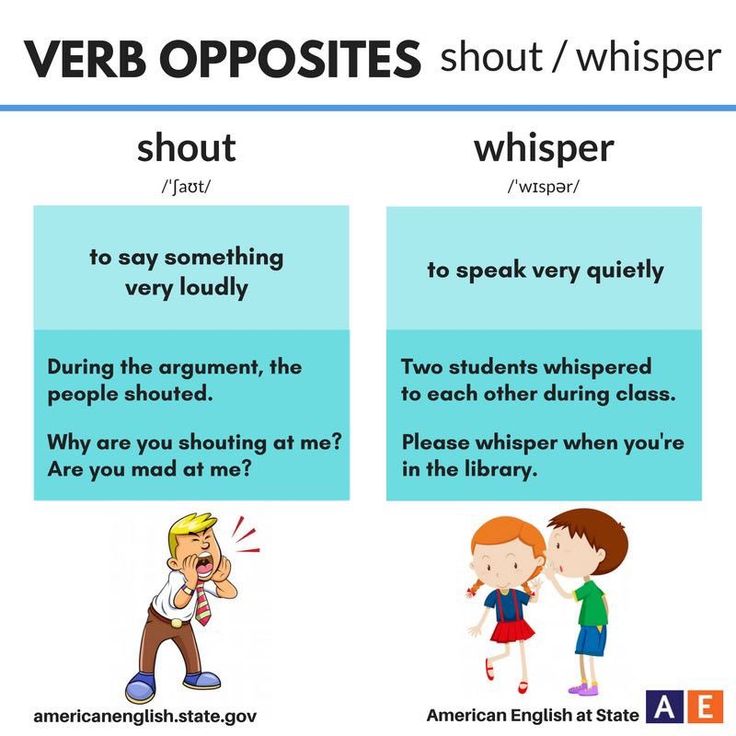
The secret behind many successful introverts is knowing how to make the most out of the introvert life. The more you try to change your personality, the more you lose touch with your genuine character, and the harder it will be to find your place in the universe.
Therefore, understand that being introverted doesn’t mean you have a problem like many believe. It merely means you’re unique with something special to offer. Whenever you feel pressured to be different, remind yourself, “I’m quiet because I have great potential inside of me.”
Benefits of Being Quiet
The benefits of being a quiet person go beyond what the average eye can see. Being calm is the power of an introvert. It makes them different and also allows them to channel what’s buried within.
Being an introvert is also incredibly profitable because calmness itself comes with many benefits. It’s one of the advantages of introverts that can’t be refuted.
Countless introverts’ traits can’t be seen except people practice the introvert behavior of silence. That is, the power to observe, think critically, and be independent is only expressed in a state of speechlessness.
That is, the power to observe, think critically, and be independent is only expressed in a state of speechlessness.
Therefore, you have access to numerous outstanding qualities by naturally being a calm person. This is the introvert advantage.
One of the perks of being quiet is staying calm amid all the buzz happening in the world, which is where your success as an introvert lies.
You’ll be more productive, creative, and have a higher sense of awareness and concentration level.
Talking to Quiet People
The most important thing to note about the life of introvert people is that they talk when it’s necessary and when they’re comfortable.
If you have an outgoing personality, it might be challenging to get a soft-spoken person to be loosen up around you because of how overly-stimulated they’ll be by your energy.
Therefore, your primary aim should be to understand what introverted people like and don’t, to be able to make them feel comfortable around you enough to talk. Remember that you can’t force comfortability – it’s something that happens naturally.
Remember that you can’t force comfortability – it’s something that happens naturally.
Related: The Ultimate Guide to Understanding Introverts (36 Things to Know)
The introverted personality isn’t a hindrance to building quality relationships because introverts are known to make the most worthwhile associations. You merely need to be sensitive around them to build the association correctly.
FAQs
What is an introvert person?
The question, “What is a introvert person?” can be answered by observing several introverts’ characteristics and knowing their distinctive temperaments.
Above all, soft-spoken individuals are known for their unique quality, which is being calm. The introverts’ advantage of silence helps them operate optimally, which is why they easily stand out from the crowd.
What is an introverted person like?
Answering the question, “What is introvert person?” and knowing several introvert characteristics will help you identify the way introverts behave.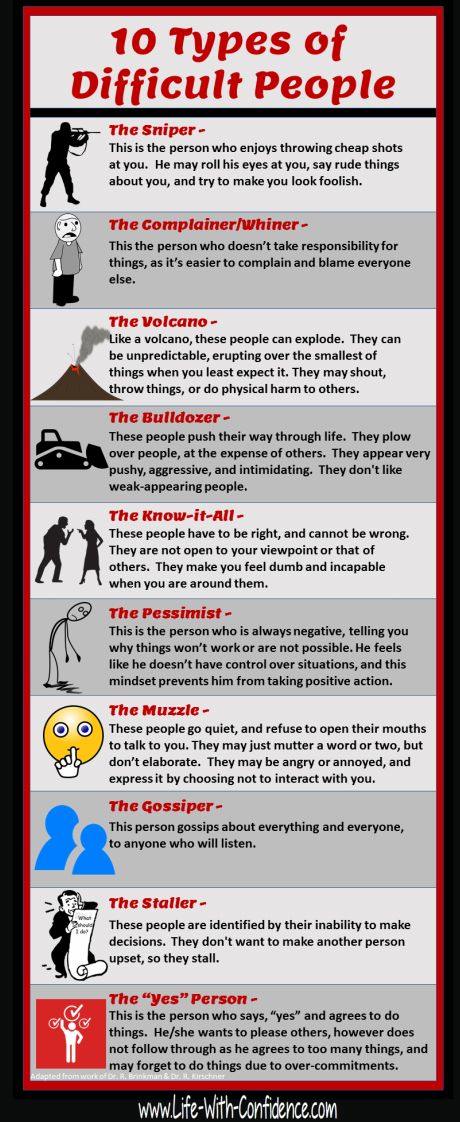
Introverts are calm, but can also be outgoing, depending on how comfortable they are around you. They are also loyal and trustworthy people that form worthwhile associations.
Why am I an introvert?
Many people have introvert personality traits without knowing its originality. Although there’s no proven cause of introversion, if you can say, “I am an introvert,” it shows you have a great degree of brain activity compared to most individuals. This process causes you to be withdrawn and to prefer less-stimulating environments.
Why are people introverts?
Scientists have not traced the root cause of introversion but have been able to identify what makes individuals with this personality type different.
Introverts live a self-examining life, and for this reason, avoid overly-stimulating surroundings to balance out the activities in their heads. They were also born that way, but some people can adapt several introvert characteristics.
What is an introvert personality?
The introverted personality is withdrawn one and demands a certain degree of comfortability for expression. This behavior isn’t secluded to only introverts as other individuals can exhibit signs of introversion. Can extroverts become introverts? Yes – in certain life circumstances,
Related: 20 Brilliant Ways to Know You're an Introverted Extrovert
Live Your Best Quiet Life
Get the Am I Too Quiet? book →
CONCLUSION
Did you enjoy this article on what makes introverts quiet? If you’re an introvert reading this, never feel intimidated by other individuals’ loudness because your hidden power lies in your calmness. Kindly leave a comment below if you liked this article, or share it with others to see.
How "Quiet People" are Often Misread and Misunderstood
- November 13, 2017
If there’s one thing to know about quiet people, it’s that your first impression of them is probably wrong.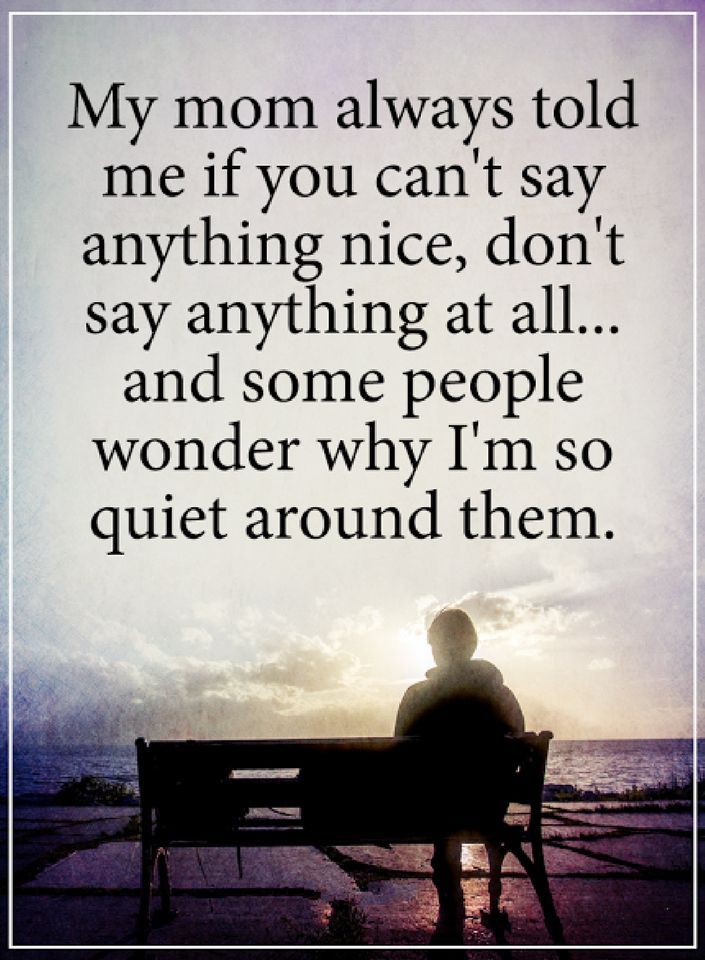 Yet, if there’s one thing that society carries with great conviction, it’s that they have quiet people sussed.
Yet, if there’s one thing that society carries with great conviction, it’s that they have quiet people sussed.
Noising Up the Quiet Ones
As a culture we are frightened of silence. We are scared of the quiet ones. We are desperate to “noise them up” (the closest I could come to the opposite of “shut them up”), or at the very least feel bad about their softer toned nature.
Many people get uncomfortable when there’s a “quiet one” in their midst. They make judging statements, shrouded with a question mark: “well you don’t say much, do you?”, and “why are you being so quiet?” as if there is some plot being hatched within the devious silence.
No one can know why you’re quiet until they get to know you. If they take the liberty of telling you you’re quiet, then they shut the door on that possibility. This has probably happened to you; where you’ve had your tendency towards space, thinking time, and the resulting external quietness, pointed out. Perhaps by a teacher, a boss, a colleague, or an acquaintance at a club or organisation.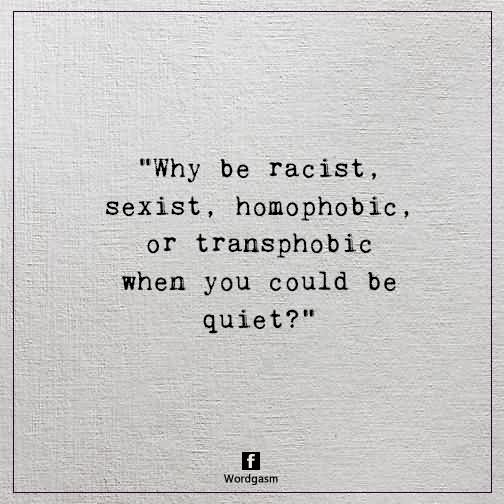
Double Standards
The question “why are you so loud?” is rarely asked with the same kind of universal condemnation of someone who loves to talk. Gregariousness and noise, while sometimes inappropriate, are not met with the same level of discomfort for people as quietness. “Why don’t you keep some thoughts to yourself?” is seen as rude, whereas “why don’t you open up more” is quite an acceptable request.
Society assumes that it already knows why quiet people are quiet. The assessment usually boils down to one of two things…
Quiet people are either anxious or rude:
- Shyness/Social Anxiety (you want to join the conversation but you fear making yourself a social outcast by saying something stupid)
- Intimidation (you’re intimidated by the people around you, and shrink back because you don’t feel worthy)
- Disinterest (you are bored and don’t care or think about anyone else but yourself)
- Judgement (your silence is judgement about the things being said, and you believe yourself to be above these people)
But as introverts and highly sensitive people well know, reality is a lot more complex than this. Everyone experiences shyness and intimidation from time to time. We would also be lying if we said we were interested in every conversation we’ve ever been part of.
Everyone experiences shyness and intimidation from time to time. We would also be lying if we said we were interested in every conversation we’ve ever been part of.
But quietness, when it stems from your natural orientation to the world, is a default way of being. It’s your starting position: to listen before speaking. Understand before voicing an opinion. Experience before expressing a response.
When introverts and highly sensitive people have their quietness pointed out, two things happen. First, it’s like saying to someone that they’re covered in skin. “Well yes”. And secondly, it gets beneath that skin, and makes them feel like there is something wrong with them. They start to question their nature, and wish they were different.
They believe they are broken and need to be fixed, so search for solutions. And in this quest they alienate themselves from themselves, tearing apart that most natural bit of themselves, which is foundational to their very being.
You don’t need a solution.
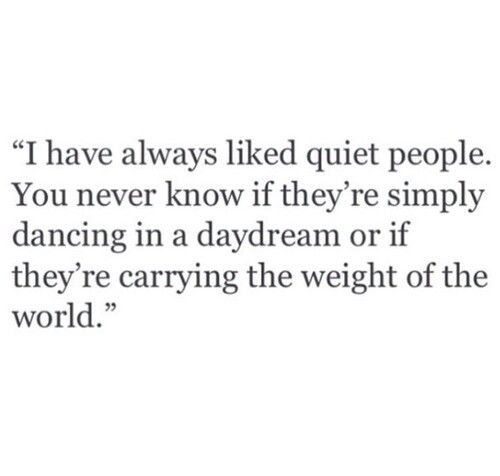 You need understanding and acceptance.
You need understanding and acceptance.Just remember that it’s the quiet ones are also the innovative and creative ones. They are the observant ones, who notice the things that others overlook. They find answers to problems that no one else can hear. And they have been responsible for creating much of the most beautiful art in human history.
Quietness is a gift in a noisy world. It’s not something to question. Only when you know a person deep down will you recognise the differences in their quietnesses. You don’t need to point it out. You may just need to be there, if they need or want to talk.
It’s not your right to make someone talk. It’s your right to hold silence until you have something worth saying.
Have you ever had your quietness pointed out? How did it make you feel? Please leave your response in the comments below.
A taciturn employee is stupid or smart
Sensitive ones are silent. Reed Montag
Director of Neuroimaging Laboratory Virginia Tech Carilion Research Institute:. “Poor results are usually shown by people who think more about the social composition of the group and are more sensitive to the moods of others. They subconsciously worry more about their performance and unwittingly compare themselves to other members of the group.”
“Poor results are usually shown by people who think more about the social composition of the group and are more sensitive to the moods of others. They subconsciously worry more about their performance and unwittingly compare themselves to other members of the group.”
Robert Murphy, an Internet marketer for a company in San Francisco, recently attended a meeting with six colleagues in addition to his boss. The meeting was devoted to the same topic as the previous meeting, and Murphy prepared specifically for it. He brought with him a whole bundle of records and contracts. What new he could offer colleagues? Nothing! “I sat there like a frozen block and thought only that I was silent all the time,” complains the 31-year-old man. nine0005
Feminine trait
Probably everyone at least once in their life had a situation when they fell silent at a party or business meeting because they were afraid to say something stupid. Although at the same time he did not consider himself a fool at all.
Scientists from the Virginia Tech Carilion Research Institute have found an explanation for the strange fact why many people temporarily become stupid in meetings or meetings of a small group. It turns out that if we believe that others in the group are somehow smarter than us, we actually become dumber for a while than we really are. And at the same time, we temporarily lose the ability to solve problems. Scientists call this phenomenon the problem of "external expression of the intellectual coefficient." nine0005
According to a report published this January in the journal Philosophical Transactions of the Royal Society, the state of "immersion in oneself" is more common in women and in people with higher IQ levels.
These results come from functional magnetic resonance imaging (fMRI), which allows you to observe how the brain processes information about the social status of a person in a small group. It also reveals how a person's perception of his status in a group affects his cognitive abilities. nine0005
nine0005
The experiment involved 70 people who were given a standard test to determine the level of the intellectual coefficient. Then the group was divided into 14 subgroups of five people each and asked to re-answer 92 questions from the test. The questions were divided into two blocks: spatial connections and sequential logical connections. After each answer, the subjects saw on the monitor screen what place they occupied in the group in terms of academic performance, whether they answered worse or better than their peers. nine0005
Initially, the fMRI of all subjects showed bursts of activity in the part of the brain responsible for fear and other emotions. But on the second ten questions, 13 subjects recovered from their fright and completed the test with the same scores they had achieved in the first test. 10 people out of 13 in this group were men.
Another 14 subjects could not overcome fear. As soon as they saw on screen that they were behind the group, they started to panic and made even more mistakes. The researchers found that 11 of those 14 were women. Reed Montag, research team leader and director of the Neuroimaging Laboratory and Psychiatric Unit at the Virginia Tech Carilion Research Institute, says women in general are more likely to care about what others think and feel. This reaction is a natural product of evolution. “In a primitive society, a woman had to be sure that the group could protect her and her children and provide her with a stable existence. And for this it was necessary to feel the mood of the group, ”he explains. nine0005
The researchers found that 11 of those 14 were women. Reed Montag, research team leader and director of the Neuroimaging Laboratory and Psychiatric Unit at the Virginia Tech Carilion Research Institute, says women in general are more likely to care about what others think and feel. This reaction is a natural product of evolution. “In a primitive society, a woman had to be sure that the group could protect her and her children and provide her with a stable existence. And for this it was necessary to feel the mood of the group, ”he explains. nine0005
A guide will help
If you find it difficult to make yourself talk at a meeting or business meeting, go there with a colleague who is more sociable than you, or with someone who occupies a higher social position in the group. This colleague can introduce you to others, help keep the conversation going, bring up your suggestions, and engage you in the discussion, says Michael Woodward, an organizational psychologist in New York. “Speak in advance with the person who will chair the meeting. Tell him about your proposals and ask him to give you the floor. And, of course, do not forget to write down everything you want to say in advance. Then the conversations of others will not distract your attention,” he adds. “Remember the most important thing: studies have shown that it is the most intelligent who remain silent most often,” Woodward recalls. nine0005
“Speak in advance with the person who will chair the meeting. Tell him about your proposals and ask him to give you the floor. And, of course, do not forget to write down everything you want to say in advance. Then the conversations of others will not distract your attention,” he adds. “Remember the most important thing: studies have shown that it is the most intelligent who remain silent most often,” Woodward recalls. nine0005
Alice Fox, a dermatologist in Flemington, NJ, says she feels at ease at professional meetings with other doctors, but suddenly becomes silent and withdraws into herself at barbeques with neighbors or at charity committee meetings. “All my reactions seem to disappear. I might have said something, but I have a feeling that no one will hear me anyway and no one will agree with me,” she says.
Two main things affect how we behave in a small group - our personality and social position in the group, says Woodward. You are not silent because you are embarrassed. Perhaps you are just an introvert. nine0005
Perhaps you are just an introvert. nine0005
But even extroverts get into ridiculous situations at meetings and conferences. For example, marketer Murphy describes himself as a fairly sociable and talkative person. “If I like the people in the group, I won’t shut my mouth,” he admits. The situation changes as soon as the boss or people appear at the meeting, whom Murphy considers more successful and fortunate than himself. The man immediately begins to weigh the words too carefully. And then his brain shuts down like a frozen computer. “I think too much about what not to say, and these thoughts crowd out of my head thoughts about what should have been said,” he sums up. nine0005
Media news2
Want to hide ads? Subscribe and read without distraction5 reasons why silence is a great power
December 30, 2015 Relationship
Some people know how to be silent. These lucky ones know the power of silence and feel really comfortable without saying a word. But most of us should learn the art of being silent.
But most of us should learn the art of being silent.
Silence gets people's attention
If you've ever been in a situation where you need to get the attention of an entire class or group of people, you must have noticed that it's most effective to keep quiet. nine0005
When a teacher or speaker is silent, the audience begins to take an interest in him. The lecturer's silence sends a signal: something has happened. And the listeners will try to focus to understand why the communication has stopped.
This applies not only to public speaking, but also to everyday conversations. When we are silent, people concentrate and we capture their attention.
Silence can be an obvious answer
Sometimes we say too many unnecessary words, explain ourselves too much. If a question is met with silence, it means that it is the best answer to it. We can also soften the harshness of a negative response with silence. By not saying "no" directly, we avoid being rude and verbose.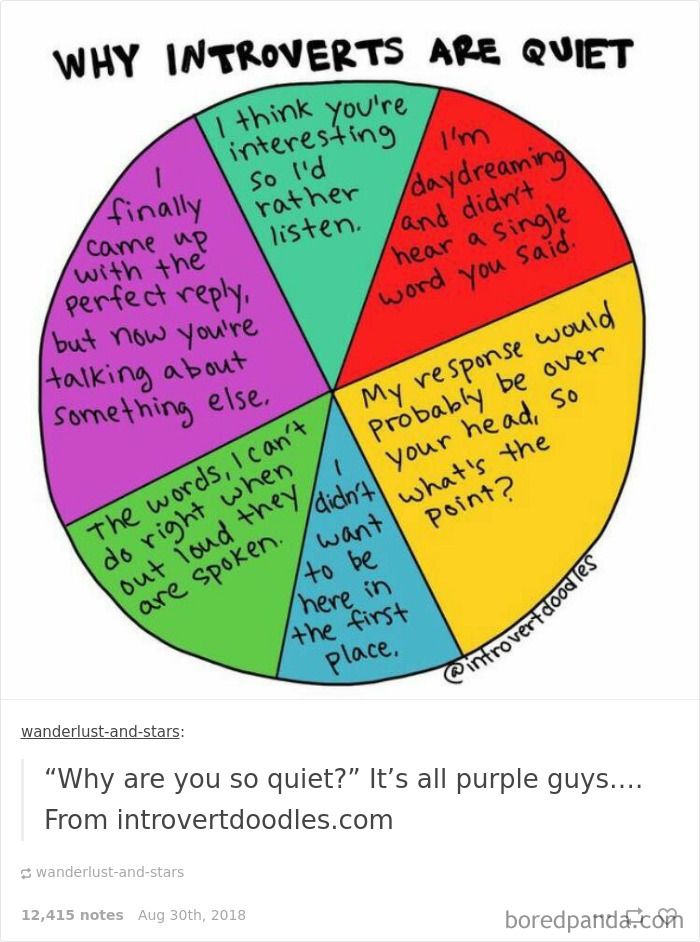 Perhaps silence as an answer is the best way out of a difficult situation. nine0005
Perhaps silence as an answer is the best way out of a difficult situation. nine0005
Another example: someone said something that we do not agree with, or that we find offensive. By restraining ourselves and keeping silent in response, we send a powerful signal: “I don’t like it, I don’t agree with you.”
Silence activates body language
Body language and gestures are often more expressive than spoken words. Facial expressions, gestures, eye contact and tone of voice speak volumes. The ability to decipher and correctly understand body language can be a powerful tool to use in everyday communication: to communicate with other people and create strong relationships. nine0005
Silence is empathy
There are moments in life when silence is sympathetic and signals that you understand the other person.
Sometimes there are no right words.
Pain or grief is difficult to relieve by talking. But to show how we care about another and worry about him is very simple with the help of silence.




